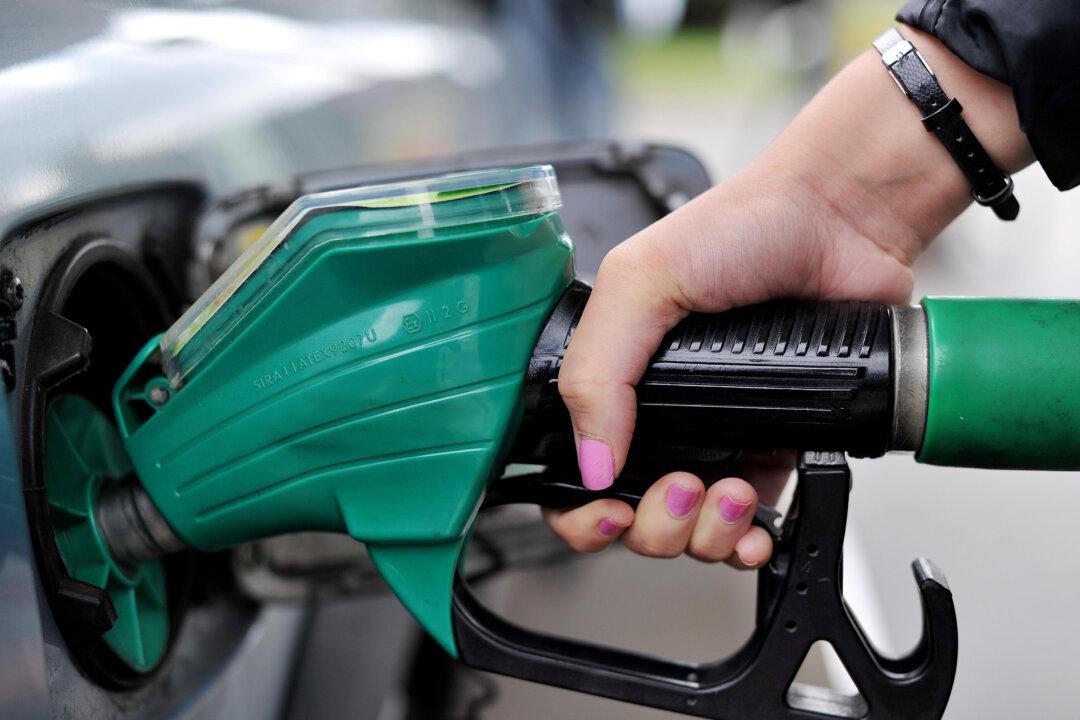The surge of global oil prices is showing no sign of subsiding as political tensions escalate between Russia and Ukraine, further hitting the wallets of Australian motorists.
Brent crude oil, the international benchmark for oil prices, hit a seven-year high on Monday, trading at above $95 (A$133) a barrel, and experts expect it to soon hit $100 (A$140).





